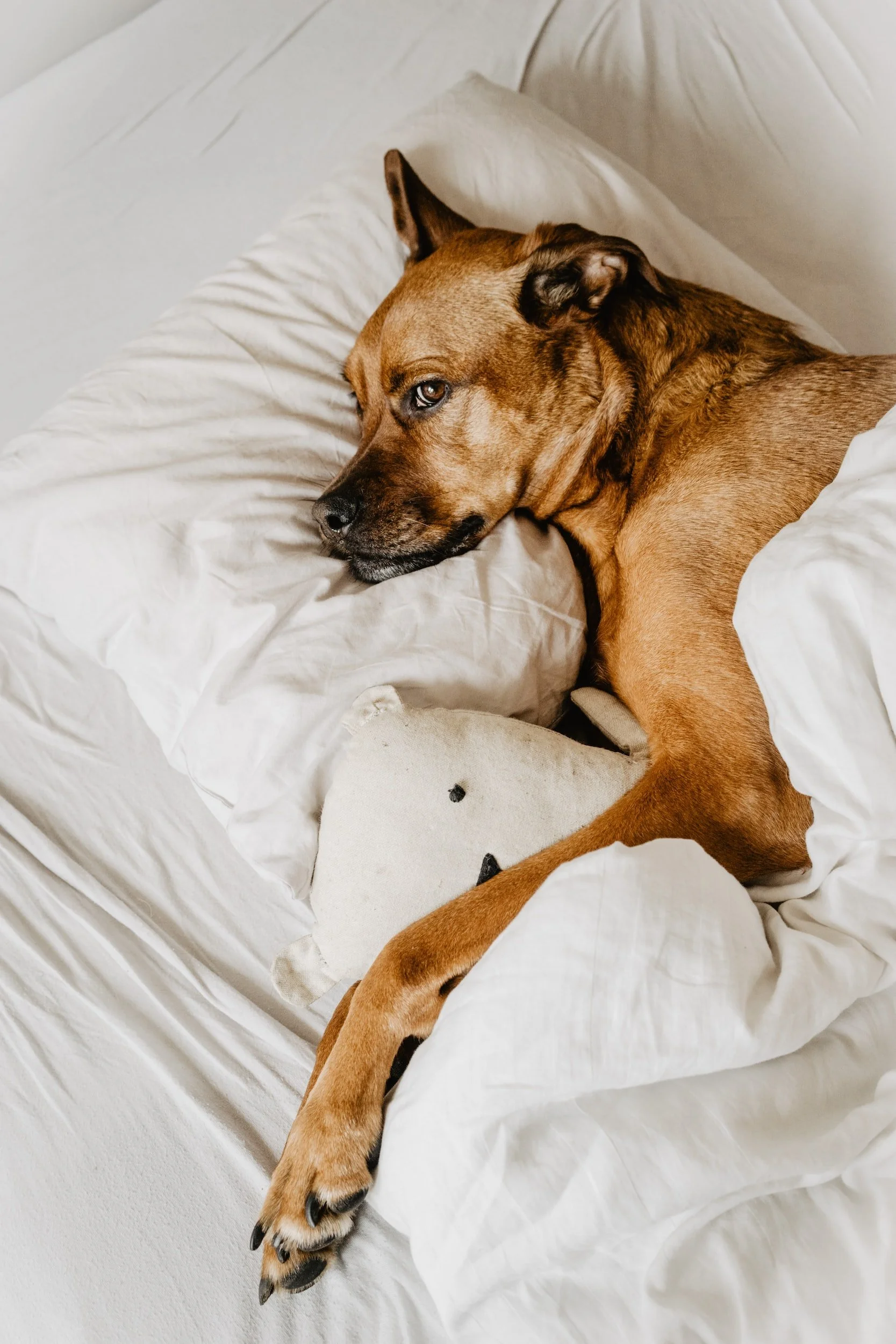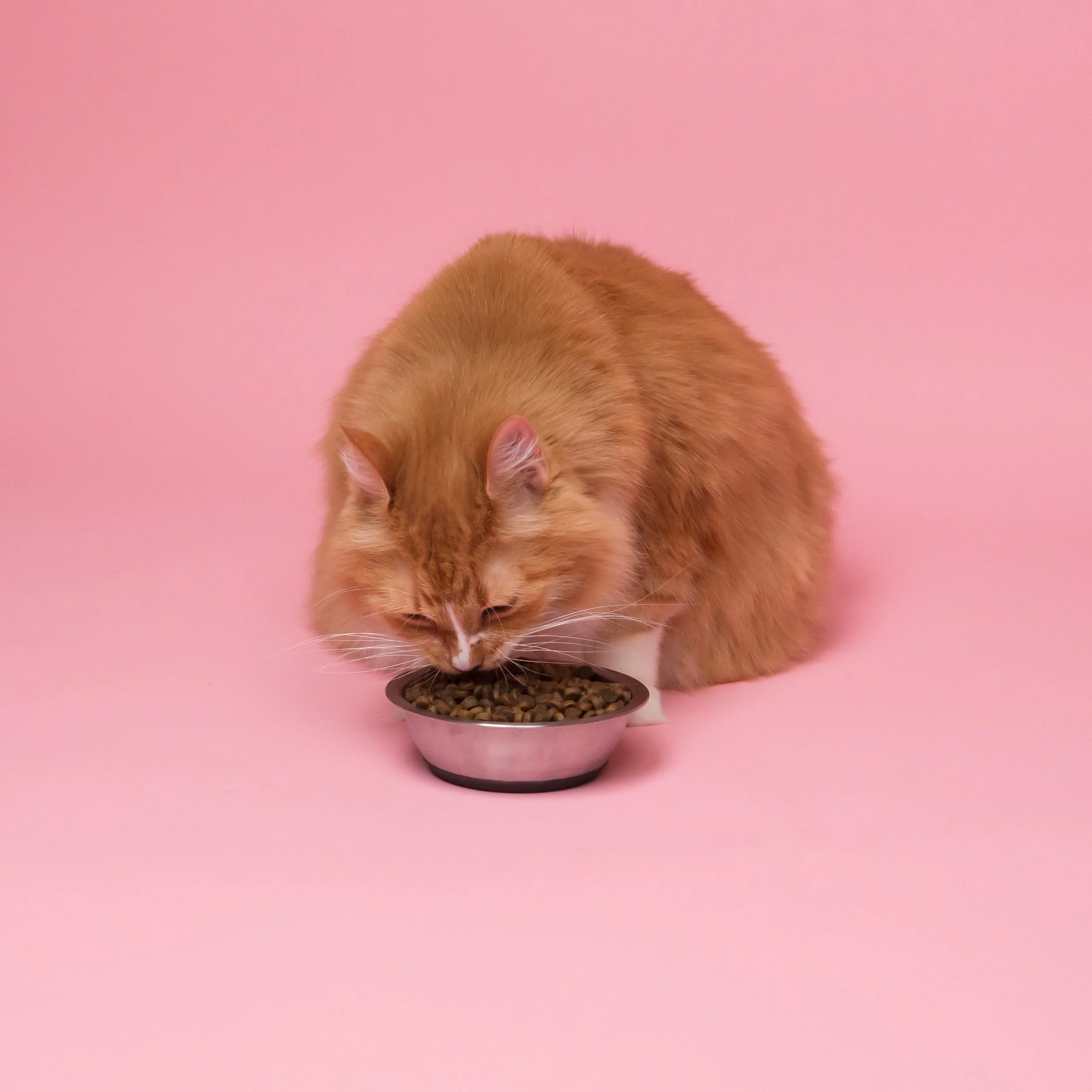Diarrhoea in cats and dogs
Authored by Hollie Furey
Diarrhoea in cats and dogs is very common!
It is most often caused by dietary indiscretion where pets scavenge or eat something inappropriate, or an abrupt change in their diet. These types of diarrhoea are normally self-limiting and resolve fairly quickly. Its important to note that with this type of diarrhoea dogs and cats are normally quite bright and well in themselves.
If your pet has diarrhoea but is also under the weather, vomiting or off their food we would recommend that they are checked out by a vet as soon as possible.
When your pet has diarrhoea, it is important that you feed them small bland meals so that their gastrointestinal tract can recover. We would recommend a bland, easily digestible diet such has boiled chicken and rice or a veterinary prescription diet.
If the diarrhoea doesn’t respond in a few days but your pet remains bright and well, they may require intestinal support with a probiotic to support the guts healthy bacteria and kaolin paste to will help absorb the excess water and firm up the stool.
If the diarrhoea continues, then we would advise getting a stool sample to bring into the practice to send away for analysis. We would advise wearing gloves when doing this. It is important to keep your pet’s worming up-to-date because parasites such as roundworms and hookworms can cause diarrhoea which can be prevented with regular worming. Ask the practice if you have any questions on worming.
Other Key Information:
It is important to make sure that your pet is also drinking. With diarrhoea there is a risk of dehydration and sometimes intravenous fluids are needed and the pet needs to stay for the day at the practice.
It is important to know that if you see blood in your pet’s diarrhoea it is usually a sign of infection. In this case we would advise a faecal sample and start on probiotics and bland diet. Depending on the results from the lab, it may be that they need some antibiotics or additional worming.
It is important to know that infectious diarrhoea can be contagious and so it is advised to disinfect the environment that your pet is in to prevent further transmission to other pets.
If you have any concerns please book your cat or dog in to be seen by a member of the clinical team!



